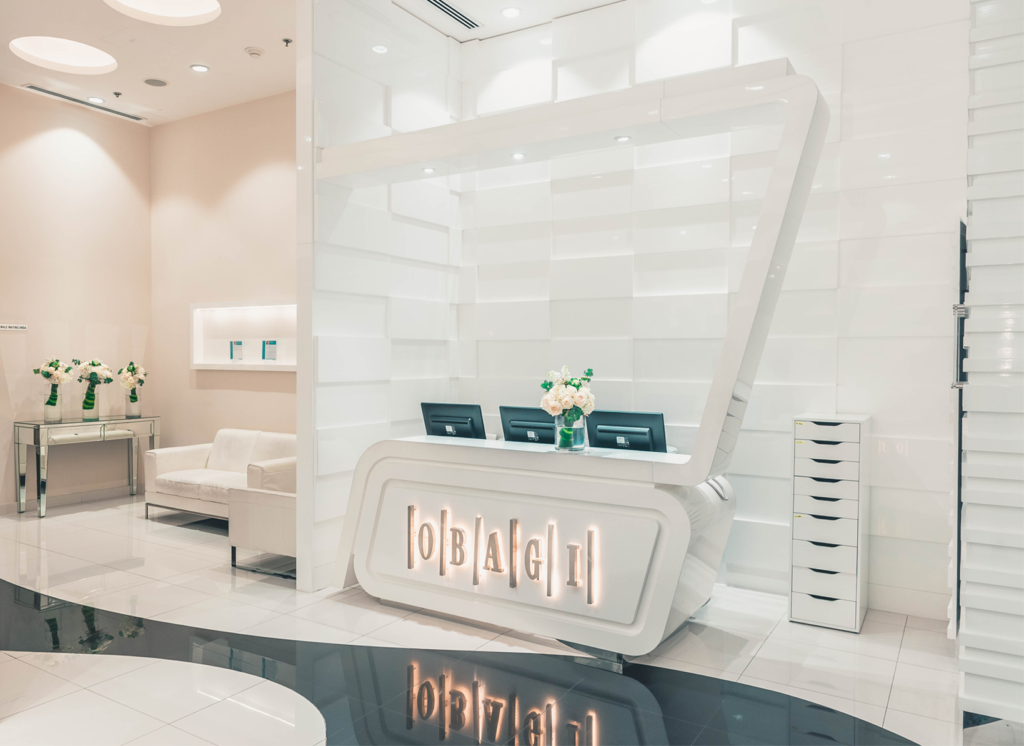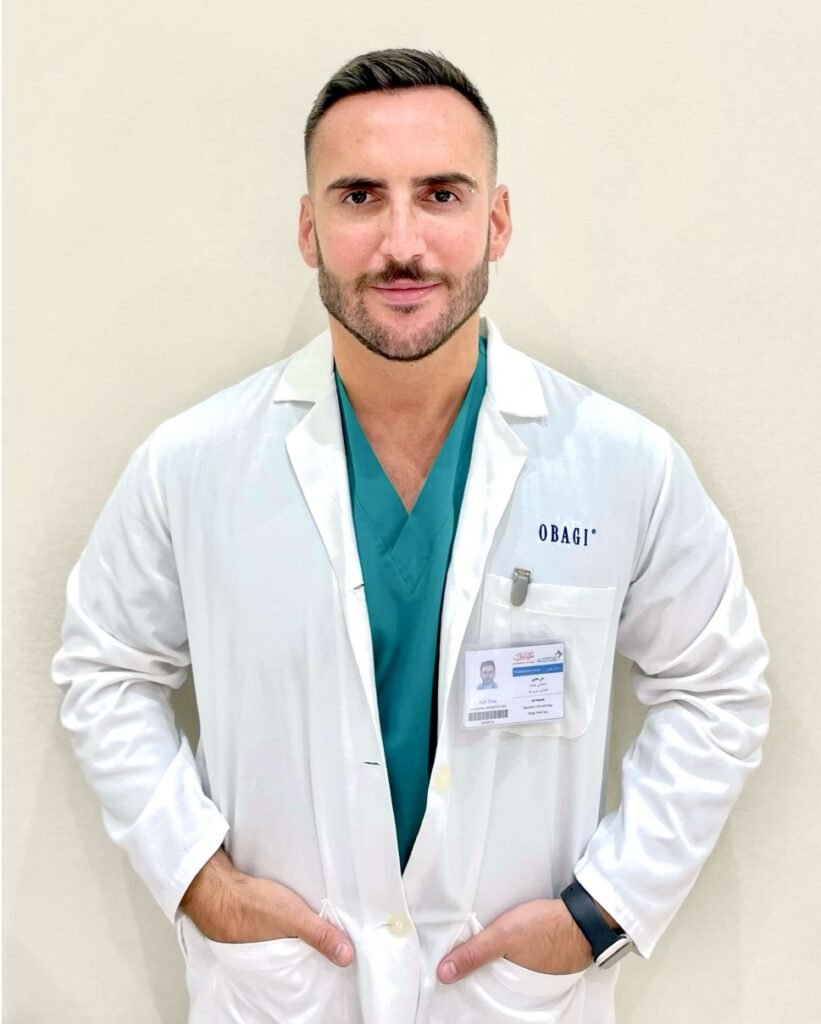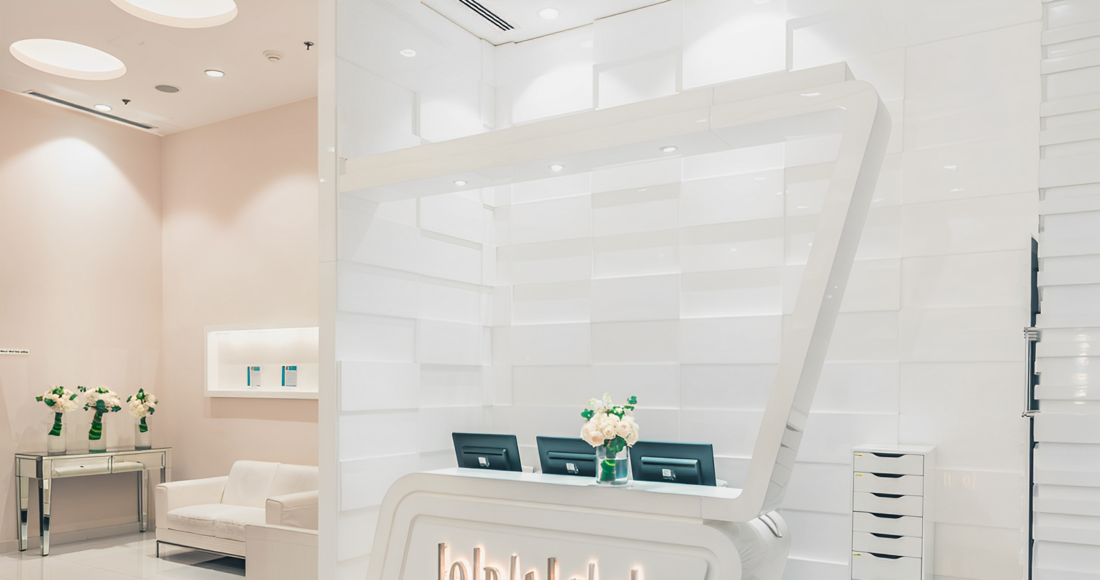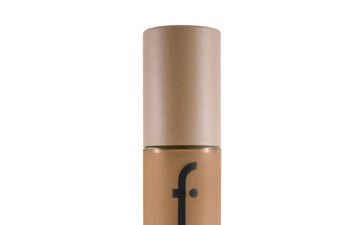Reinforcing Sun Protection Practices procedures & Creams to be used and or avoided – By Obagi Medi Spa

As summer approaches, it’s crucial to reinforce our sun protection practices to ensure the health and safety of our skin. The importance of protecting ourselves from harmful UV rays cannot be overstated, as prolonged exposure can lead to sunburns, premature aging, and even skin cancer. In this section, we will delve into the expert advice provided by doctors from Obagi Medi Spa regarding the best practices for sun protection and shed light on the creams that should be used and avoided.
By addressing common questions and concerns surrounding sun protection, we aim to equip you with valuable knowledge that will enable you to make informed decisions about safeguarding your skin during this sunny season. Whether you’re seeking advice on choosing the right sunscreen or wondering about additional measures to take when spending time outdoors, our comprehensive guide will provide answers backed by medical expertise.
Join us as we explore the world of sun protection and discover how reinforcing these practices can help us enjoy a worry-free summer while keeping our skin healthy and radiant.
Dr. Zeina Knio, MEDICAL & COSMETIC DERMATOLOGIST :

What are the risks of not wearing sunscreen regularly and how can they be prevented?
As much as we enjoy soaking up the sun, we have to be aware that sun exposure is one of the most damaging, yet preventable, factors to our skin.
In fact, even one severe sunburn in childhood can double the chance of developing melanoma in adulthood! And even though you may think that skipping sunscreen on your regular working days is fine because we are not being exposed to direct prolonged sun rays. But did you know that cumulative sun exposure can have harmful effects on the skin as bad as a sun burn?
Besides increasing your risk for melanoma and other skin cancers, cumulative ultraviolet radiation is the main cause of skin aging.
Sun rays can damage collagen and elastin which are the structural fibers in our skin that gives it support elasticity supple elastic and young. When they break down, the skin develops lines and wrinkles and starts to sag. Sun exposure impairs the ability of the skin to heal itself, so there will be increased risk of pigmentation, scarring, and damaged capillaries.
How do you recommend adjusting sun protection routines for different skin types or conditions?
All skin types need protection from the sun! Whether it’s oily or dry, and whether it’s light or dark. In fact, Having a darker skin type only gives you an spf of 2!
Look for a light dry touch non comedogenic sunscreen if you have oily skin. And go for a creamy texture if you have dry skin. Always go for a broad spectrum sunscreen that has spf 30 or higher as anything less than that will not give you the proper protection.
Are there any particular times of day when it’s especially important to wear sunscreen, and why?
As soon the sun comes up and you’re ready to leave the house, you have to have sunscreen on. It’s optimal to apply it 15 minutes before you go out, as it takes time for the sunscreen to be absorbed into the skin and be active! And it should be the last step of your skincare morning routine, on top of your moisturiser.
The most harmful sun rays are between 10 am and 3 pm, but even a 20 mins drive early morning and back late afternoon can lead to cumulative damage to the skin if it’s not well protected.
Can you explain the difference between physical and chemical sunscreens, and which one is better for different skin types?
Chemical sunscreens mostly contain chemical compounds such as avobenzone, octisalate and octinoxate, that work through absorbing the UV rays and converting them into heat that is later released from the skin.
A physical (or mineral) sunscreen on the other hand works through physically reflecting back the UV rays. The most common 2 ingredients in a physical sunscreen are titanium dioxide and zinc oxide. Look for these if you are pregnant or breastfeeding, or even if you just have rosacea or sensitive skin as some chemical sunscreens can cause irritation or allergy.
How often should patient reapply their sunscreen throughout the day, and what are some tips for doing so effectively?
It’s important to reapply your sunscreen after 2 to 3 hours because its effect will only last this long! If you have makeup on and you don’t want it to be messy, you can choose a sunscreen in the form of a mist that you can spray all over the face or a tinted powder that has spf.
Dr. Ali Halawi- AESTHETIC & PROCEDURAL DERMATOLOGY, MEDICAL DERMATOLOGY, VENEREOLOGY :

What do you believe are the most common misconceptions about sun protection?
One of the most common misconceptions is that one does not to apply need sunscreen on cloudy days. If anything, the UV index (which is a measure of strength of the sunburn-producing ultraviolet radiation at a particular place and time) can sometimes be higher on cloudy days. Another is that one only needs sunscreen when outdoors. That is also untrue, because light coming in through the windows, balcony doors, or car windshields could potentially accentuate pigmentation such as melasma. Recent evidence has shown that even artificial light, particularly the blue portion of the spectrum is harmful as well. Moreover, several people believe one application before sun exposure is enough. As a matter of fact, one should reapply sunblock every 40-120 mins when outdoors.
How do you educate your patient on the importance of sun protection in their skincare routine?
I always stress that prevention is key. All the hard work, not to mention the budget, that they put into skincare, whether at home or at the office, would be a waste if they were not doing their part in preventing sun damage. During the initial consultation, I like to go over the main culprits behind sun damage (UVA which accelerates cell aging, UVB which causes sunburns, as well as blue light, and free radicals among others) and their propensity to increase the risk of skin cancer, worsen pigmentation, and induce photoaging, and how sunblock can help prevent or at least minimize all that.
What are some of the most effective ingredients to look for in a sunscreen? Can you walk me through the various types of sunscreens available, and their differences?
There are two main categories of sunblocks in the market: chemical and physical—or some combination thereof. In lay terms, chemical formulations (such as avobenzone, oxybenzone, and octinoxate) kind of absorb the energy from UV rays, which could actually make a patient’s pigmentation worse. I generally advise against using those. On the other hand, physical or mineral sunblocks simply reflect the light energy off the skin which is why I recommend products containing zinc oxide or titanium dioxide. A tinted formulation thereof would provide even more protection against blue light owing to the extra iron oxide it has.
Can you recommend any specific Obagi products that provide effective sun protection?
My go-to has to be the SOMD Physical Defense 50. It is a tinted mineral sunblock that blocks UVA, and UVB while also protecting against high energy visible light (HEV), the visible range including the blue portion (VIS), infrared (IR) and free-radicals.
About Obagi Medi Spa – Obagi MediSpa marks a groundbreaking new direction in medical aesthetics and skin care. Our state-of-the-art medical spa, a fully comprehensive treatment facility, blends restorative treatments with the latest advances and most definitive technologies in skin repair, resulting in complete skin-health restoration. Our programs address the damage at its source, ensuring clear, firm, healthy, younger-looking, and younger-acting skin.
Obagi MediSpa is the first medical spa in the Middle East solely devoted to Obagi Skin Health Restoration treatments based on the philosophy of Obagi. Our carefully selected team of Dermatologists, Plastic Surgeons, and highly skilled healthcare personnel provide guidance to everlasting skin and body health through a wide array of services, from medical-aesthetic facials, procedures, and laser treatments, to fat and cellulite reduction and cosmetic surgical procedures.








